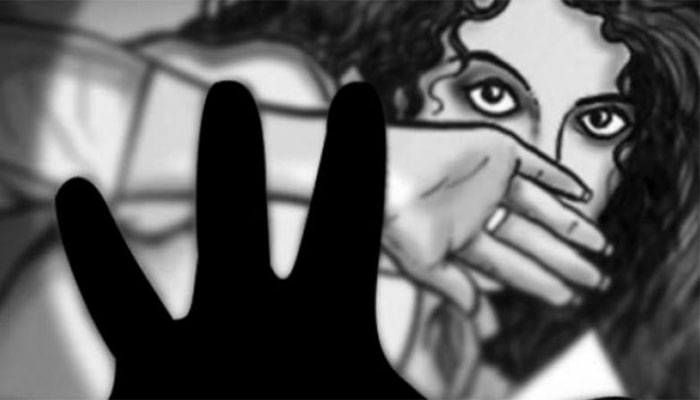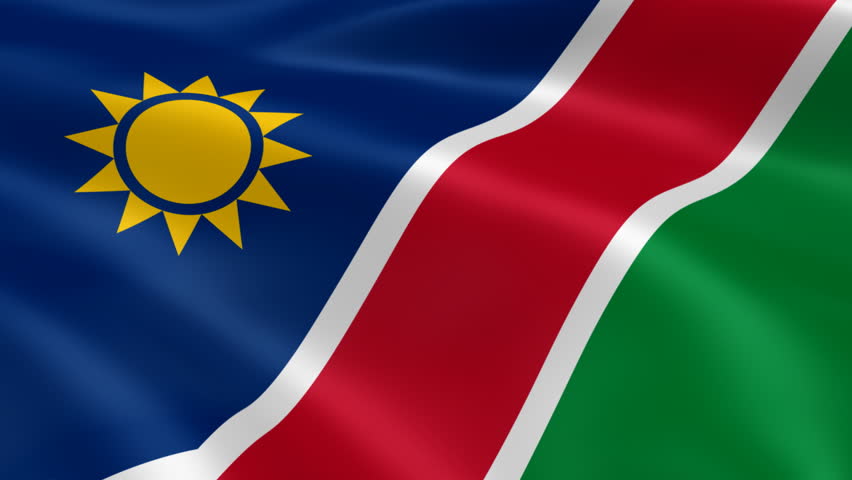AT the beginning of this week, Namibians woke up to a nightmare that they are already accustomed to.
That is the news of another senseless shooting, the spectre of gender-based violence (GBV) haunting this country, of Maria Megameno Kamati at the hands of her boyfriend of nine years, Erastus Heita.

Maria’s middle name Megameno means under protection – by God or somebody. It turned out that her relationship to Erastus, also known as Erasy, was not shielded at all.
In the wee hours of Monday morning, the man she invested her time, love and energy in, and who she has given two children, pulled a single, deadly shot which took her youthful 29-year-old life to the yonder world. Megameno died in her bed with a bullet in her head.
The man who pulled the trigger did not call an emergency ambulance or seek any help which might have revived her. Instead, he drove to the police station to hand himself over. Whether Maria was alive or already dead when Erastus left for the police station is not clear.
This is not the first time, and perhaps not the last. Men… black men of Namibia, are waging war on women. The scale is staggering, and the statistics telling. Since independence, numerous Namibian women have died at the hands of their intimate partners/boyfriends or husbands.
A sober reminder that in the face of a tragedy like this one, good still exists in this nation. In droves, Namibians are mourning the loss of one of their own. As the family and the nation mourn, all these reactions above are needed.
However, these are just mere human impulses of how human beings since time immemorial have reacted to death. What we need most of all isn’t mourning, prayer, anger, shock or tweeted messages of condolences only.
Other countries, when afflicted with this kind of catastrophe, immediately spring to action and unite behind a string of measures, including tougher laws on gun control; extensive gender-based violence and peace education; strategies and policies that challenge cultural myths about gender; and the promotion of parenting styles which produce caring characters and responsible citizens.
More importantly, we also need a deeper reflection about our society and ourselves as people. That’s to admit that there is a gender-based violence crisis in the black community. Why are black men the leaders in killing women in this country? Why are incidents of GBV proportionally more in black communities?
The opposite is also true. Why is the same not happening at the same scale in the coloured and white communities in this country? What are they doing differently that the black community is not doing?
Some may argue that it has to do with deep-rooted structural inequality due to past repressive and oppressive policies which pushed black people into the cycle of violence. Yes, it is a valid claim that should not be ignored.

